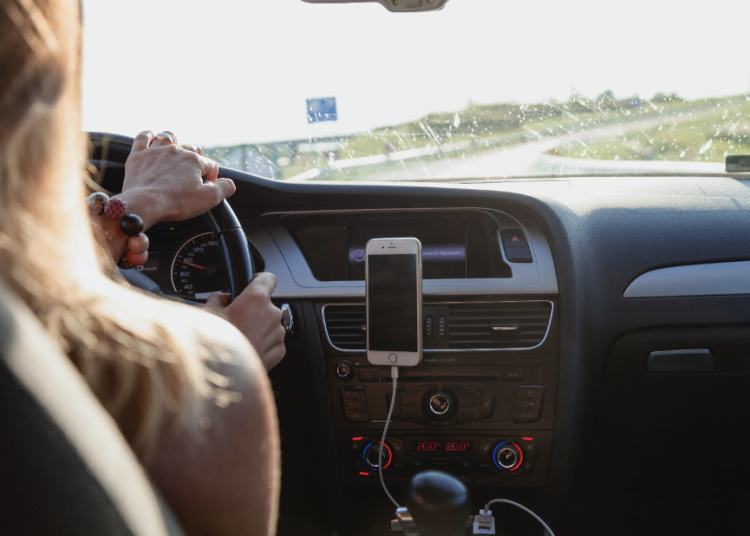Before heading out on the road, whether it’s for a trip to the corner store or across the country, it’s good to have a plan. Keeping your speed down and eliminating distractions are two strategies you can use to help insure your trip will be safe. Finding cheap auto insurance beforehand will help protect you from others who may not be following the same defensive driving techniques.
- Expect the Unexpected. Drivers are only human so of course, they are going to make mistakes. You have likely made mistakes as a driver – and so will your fellow travelers. Expect mistakes to happen, anticipate them, and think about solutions to potential issues.
- Slow Down. The faster you go the longer it will take to stop and the bigger the impact if there is a crash. When you slow down you allow yourself more time to consider your actions and even more time to make a mistake and correct it.
- Stay Focused. Over 10% of all fatal car wrecks involve distraction. Regardless of what might be happening inside your car – you are arguing with your spouse, the kids are fighting, your text notifications keep going off – stay focused on the task at hand: Your driving.
- Buckle Up. It is estimated that every year over 75,000 lives are saved because they were buckled up. Seat belts help reduce the risk of injury in a crash by 50% which means it really should be automatic when everyone enters the car. Those who are more likely not to engage their seatbelt are rural drivers, commercial truck drivers, teenagers, and those who are driving while intoxicated.
- Red Means Stop. Everyone has encountered it before – a car wanting to beat the red light and they wind up speeding through the intersection when others have the right of way. Running a red light is the leading cause of collisions at an intersection and most of them can be avoided. Make it a habit to slow down at the intersection. Sun glare might be an issue, and sometimes you’re just not paying attention. Resist the urge to race through the yellow light.
- At times it can be difficult to determine who has the right of way. Yielding, however, is an important defensive driving technique because if neither driver yields, a collision is bound to happen. If the other driver seems to think you should be yielding it’s best to give in. Men tend to have a more difficult yielding the right of way (by a ratio of 1.5:1).
- Use the Indicators. Turn signals eliminate confusion. Being a predictable driver by making predictable movements is what driving safety is all about. Failing to signal can easily cause an accident, and might even invalidate an insurance claim after the accident, leaving you financially responsible.
- Keep a Safe Distance from Others. Tailgating is one of the leading causes of accidents. You simply don’t have enough time to brake and stop safely when driving closely behind others. In good weather there should be at least two seconds of lead time and in bad weather, even more.
- Nix the Road Rage. With so many personalities on the road it’s easy to see how there can be conflicts. People getting cut off, not yielding the right of way, not using their turn signals all create confusion and yes, anger. Road rage has resulted in murder in every state, often due to terribly trivial offenses that could have been simply “let go.”
- Watch Yours – and Other’s – Blind Spots. Sometimes it is hard to see someone who is driving in your blind spot. Always turn your head and check before you switch lanes. On the other hand, you may not be visible to another driver’s blind spot, especially when it comes to big trucks, so be careful when you are driving in someone else’s blind spot.
- Never Drive Under the Influence. Most people think this applies only to drugs and alcohol but what they forget is that it also applies to things like cold and allergy medications. Be aware of what you ingest and if it can cause an adverse reaction. And, never drive buzzed, drunk or high. Utilize Uber and other ride share programs.
- Pan the Horizon. It’s important to know what’s going on around you as well as far ahead. Being able to anticipate issues like reckless drivers, an accident, slow traffic, and debris in the road can put you in a power position to avoid them.





